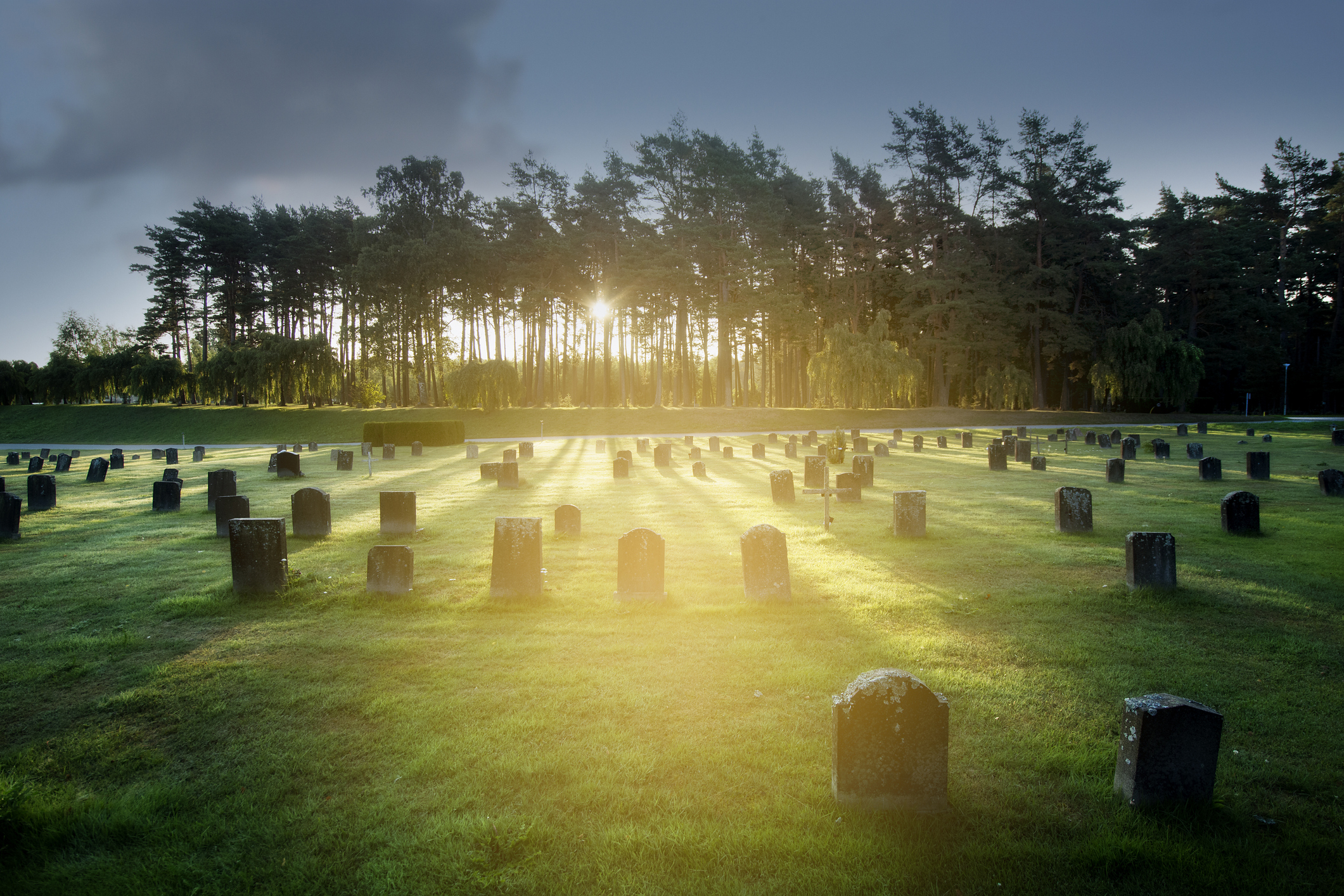Durham’s segregated past resulted in the creation of two public cemeteries: Maplewood (historically white with identified Confederate graves) and Beechwood (historically Black). Beechwood is running out of space; with limited availability for traditional burials. Given the history of segregation and the generations of families that are already buried in Beechwood, many Black Durham residents are hesitant to transition to Maplewood. This could force Black residents to use private cemeteries instead, which would cost more than three times what white residents pay at the public Maplewood. At the same time, traditional burials are expensive, take up a lot of space to the exclusion of other uses, and have a negative impact on the environment. Climate change also exacerbates the environmental impact of cemeteries, as flooding and erosion can disintegrate coffins, inflicting physical, environmental, and emotional damage on the surrounding area.
The City of Durham will partner with FUSE to identify alternatives to traditional burial to curb environmental impacts and support Beechwood’s enriching legacy. FUSE Executive Fellow Erica Xavier-Beauvoir will investigate various options, with an emphasis on practices that are environmentally sustainable, affordable, and space efficient. Next, Xavier-Beauvoir will explore which options are feasible for the City of Durham, given the city’s resources, constraints, and cultural responses to burial options. This may include piloting education or public affairs programs with funeral homes, faith communities, and community members to ensure that the final choice(s) are responsive to residents’ preferences and needs. In addition, Xavier-Beauvoir will make an action plan and conduct long-term analyses to make the chosen alternative(s) a reality. This work will ensure that all members of the Durham community are able to access affordable, dignified burial services that are culturally appropriate and environmentally sustainable.


